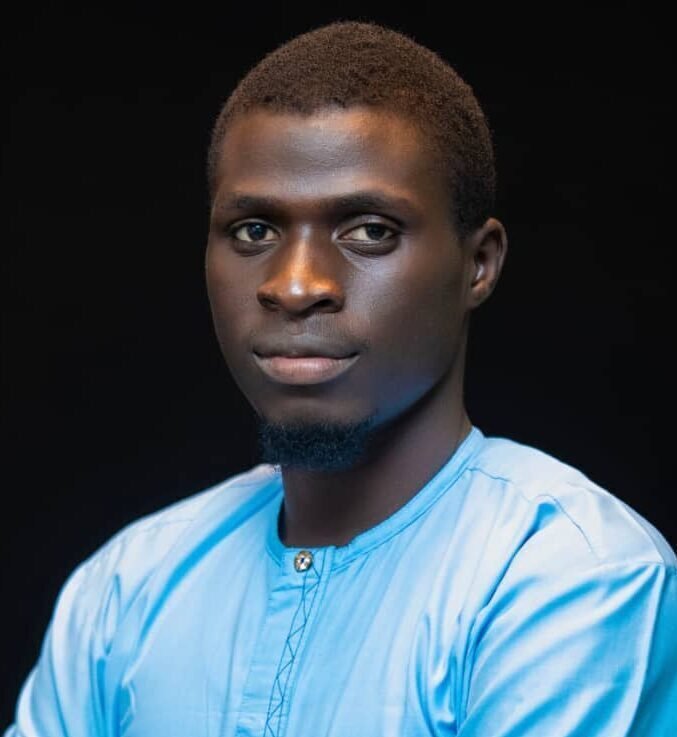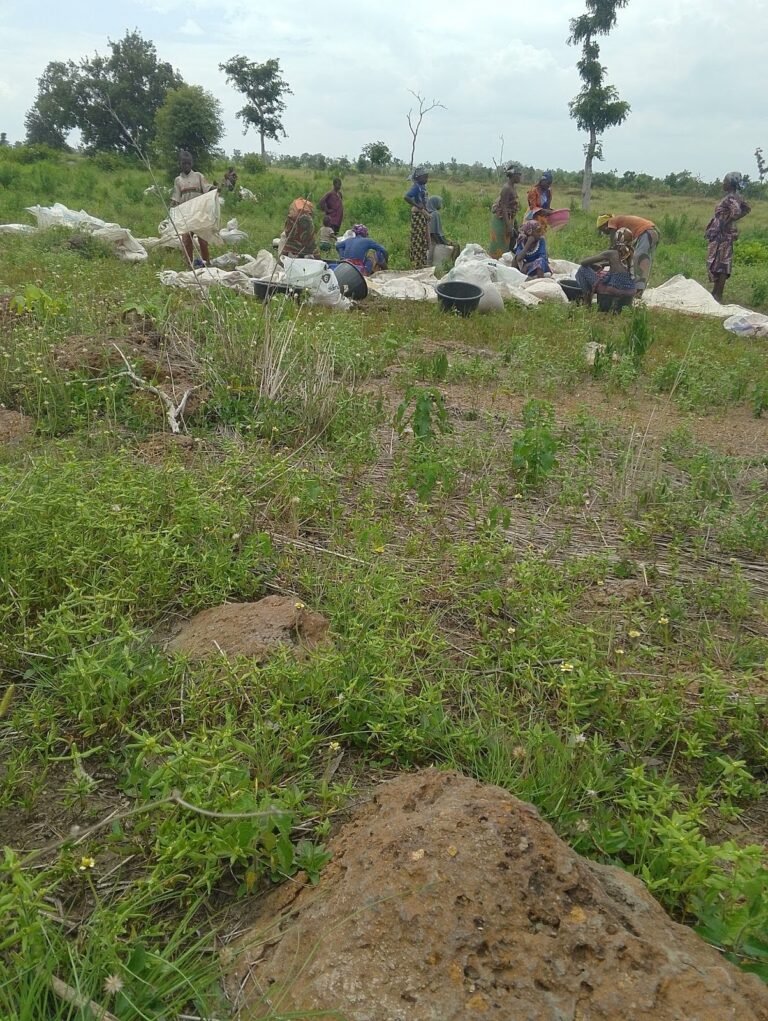Barely a month after the Nigerian military’s defense intelligence agency arbitrarily abducted Segun Olatunji, FirstNews editor, Nigeria’s police force has continued to detain Daniel Ojukwu, a journalist with the Foundation for Investigative Journalism (FIJ) after the latter’s disappearance on the 1st of May.
This trend does not only signal the dwindling level of press freedom in Nigeria, but also threatens citizen’s right to freedom of information in the country.
Kicking against the continued detention, the Coalition for Whistleblowers Protection and Press Freedom (CWPPF) says it is a gross violation of fundamental human rights and an attack on press freedom.
“The arrest and continued detention of Mr Ojukwu is not only a violation of his fundamental human rights but also an assault on press freedom.”
The Nigeria’s 1999 Constitution forbids the detention of any citizen or resident beyond 48 hours, except with a valid court order. However, Mr. Ojukwu has been in police custody for over four days without any justification.
How It Happened
Daniel Ojukwu was abducted on 1st of May by the Intelligence Response Team (IRT) of the Inspector General of Police and being held at the State Criminal Investigation Department (SCID), Panti in Lagos before his relocation to the Nigeria Police Force National Cybercrime Centre (NPF-NCCC) in Abuja.
His whereabout, just like Mr. Olatunji, remained unknown until Friday, 3rd May, a day coinciding with the commemoration of the World Press Freedom. While many Nigerian journalists joined the rest of the world in advocating press freedom on that day, Ojukwu was wallowing in police detention.
His phone was switched off and the police rendered him incommunicado until the reporter’s family later learned about his detention at Panti, an area in Lagos, where they were informed that the authorities were accusing him of violating the 2015 Cybercrime Act.
For many days, Ojukwu was denied access to legal representation and the police have continued to remain silent on his arrest.
This approach is contrary to section 36 subsection 6 of the Nigerian constitution which provides that every person who is charged with a criminal offense shall be entitled to be informed promptly in the language he understands and in detail of the nature of the offence and defend himself in person or by legal practitioners of his own choice.
The blatant disregard of press freedom has recently placed Nigeria as one of the West Africa’s most dangerous and difficult countries for journalists, the latest data on the 2024 World Press Freedom Index by Reporters Without Borders (RSF), non-profit global organization, reveals.
The report placed Nigeria at 112th out of 180 countries due to journalists being constantly harassed, attacked, and arbitrarily abducted.
“The level of governmental interference in the news media in Nigeria is significant. It can involve pressure, harassment of journalists and media outlets, and even censorship,” RSF said.
Unfortunately, this persistently happens despite the provision of the constitution and international treaties safeguarding press freedom in the country.
For instance, section 22 of the Nigerian constitution empowers the media to act as a critical watchdog, holding the government accountable and providing citizens with the information they need to make informed decisions.
And Article 19 of the Universal Declaration of Human Rights guarantees the freedom of expression, including ensuring freedom for the media around the world. According to the United Nations, independent, free and pluralistic media are central to good governance in democracies that are young and old.
By continuously harassing and abducting journalists like Daniel Ojukwu, the security operatives are not only violating the country’s constitution, but they are also breaching international human rights agreements to which Nigeria is a signatory. The freedom to express, inform, and participate is a cornerstone of global human rights standards.















